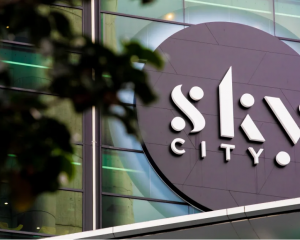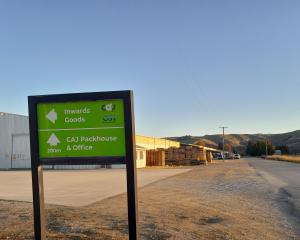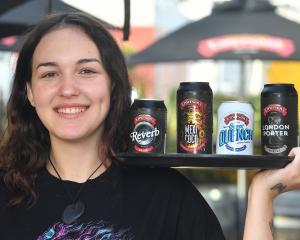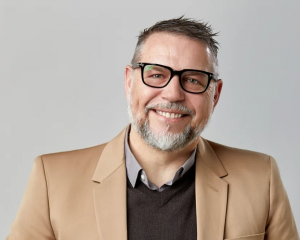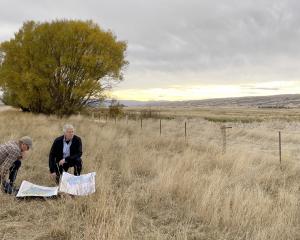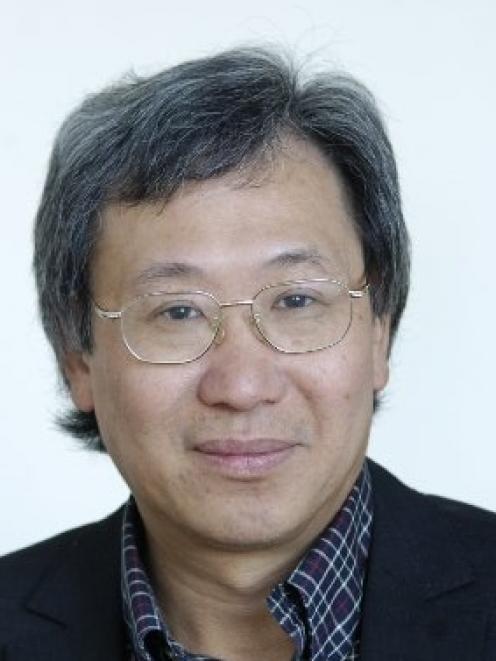
The price paid by the owner of 23-year-old ZenTech - low-profile Dunedin millionaire Tak Hung - for Botry Zen's assets and intellectual property was not disclosed.
Neither unsecured creditors nor shareholders would get any money back from Botry Zen's collapse.
It was understood from industry sources that Dr Hung paid less than $1 million for the company.
The purchase appears to be a case of completing a full circle after eight years. Zen Tech was a former major 25% shareholder in Botry Zen in its start-up phase - being one stake in four separate Dunedin bio-techs at the time - and later assisted with Botry Zen product development.
Botry Zen, which started in 2001 and subsequently burnt through $12 million of investor funds, was placed in receivership last December owing $2.6 million.
It delisted from the stock exchange in early April; with no funds available for shareholders.
When contacted, Dr Hung said Botry Zen would be kept as a separate business entity from Zen Tech and not merged into its operations.
"After two months of looking, it is still a very good product.
"I'm pleased to keep it in Dunedin and see an opportunity to have another go," Dr Hung said.
He was still talking to several senior Botry Zen staff and could give no further details at present on his immediate plans for Botry Zen.
Botry Zen, which has continued operating since going into receivership, developed a biological control for the grape-wasting fungi Botrytis cinerea, with two products - Botryzen, covering season-long protection, and Armourzen as a late-season application.
Receiver Matt Taylor of WHK said while Botry Zen had been in receivership, it had made "substantial progress" in international product registration, sales and attracting potential international licensees or distributors and he expected production to resume "as soon as this week" at its Dunedin premises.
Dr Hung arrived in Dunedin from Hong Kong 28 years ago to lecture at the University of Otago, then started up Zen Tech.
Aside from his influence on numerous bio-tech companies, Dr Hung was understood to have been a major backer and organiser behind the scenes of the Dunedin Chinese Garden development.
While Zen Tech appears to be solely a pharmaceutical testing company, Dr Hung said as a private company it was still involved with "several other developments", which he preferred "remained low profile".
Zen Tech, which was launched in October 1987, just in time to grapple with the mid-October sharemarket crash, has pursued a myriad of products over the years, several successfully.
In 1990, the company's development of emerging products included sheep vaccine, artificial skin (later sold for about $2 million), a disinfectant and sheep-wool micron measuring device as well as work in environmental monitoring.
Its divisions at the time included sales and marketing of scientific and medical instruments (sold in 1992), a laboratory division, science and technology research and development and scientific glass manufacturing, the latter also sold in the early 1990s.
Last December, for the second time in 15 months, Botry Zen's long-suffering shareholders refused to inject $1.5 million of new capital into the cash-strapped venture, prompting its board to ask financier BNZ to appoint a receiver.
Receiver Mr Taylor has been in negotiations with several suitors and in May had a shortlist of two for consideration - one unidentified overseas company and Zen Tech.
"WHK expect to resign as receivers in the next few weeks on completion of the sales and purchase process," Mr Taylor said.
At the time of receivership, there was an estimated secured debt of $1.2 million to the BNZ, $1.1 million to Melic Innovators, preferential creditors are owed $47,766 and an estimated debt to unsecured trade creditors of $279,000.
Majority shareholder Melic Innovators Ltd, which had a 28.5% stake, is majority-owned by Michael and Patricia Mellon, of Christchurch, who previously owned Mosgiel food producer Bush Road Ltd.
In July 2009, Botry Zen raised virtually all the $1.8 million its shareholders had refused to stump up in 2008, when Melic Innovators invested a further $1 million in the company.

